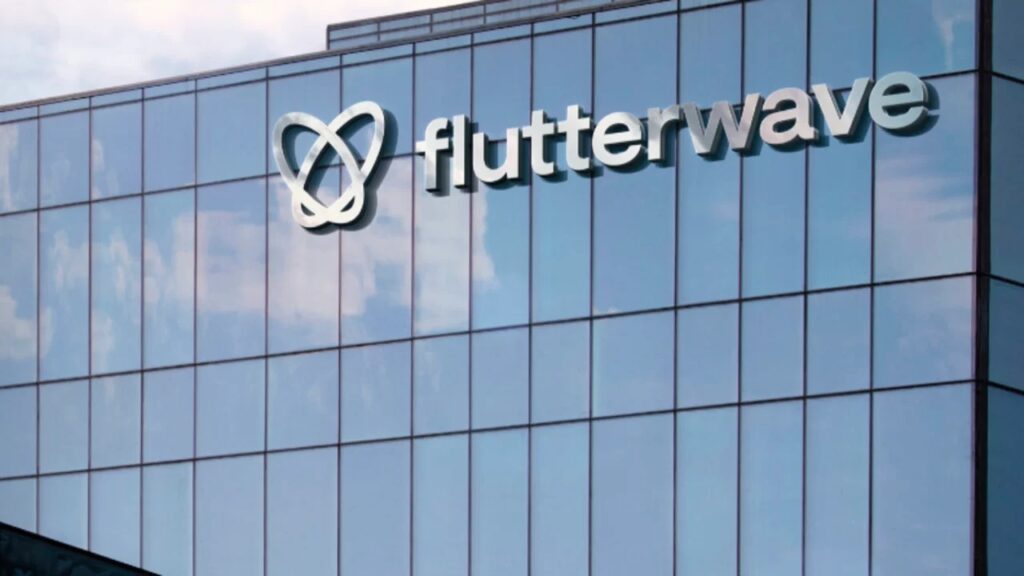
flutterwave hacked
Introduction: Flutterwave Hacked
In recent times, cybersecurity breaches have become increasingly prevalent, affecting businesses and individuals alike. One such incident that has sent shockwaves through the financial technology industry is the hacking of Flutterwave, a leading African fintech company. This article delves into the details of the “Flutterwave hacked” incident, exploring its causes, consequences, and the measures taken to mitigate the damage. We will also examine the broader implications of such breaches for the fintech sector and offer insights into how companies can enhance their cybersecurity protocols.
Table of Contents
What is Flutterwave?
Flutterwave is a renowned fintech company that provides seamless and secure payment solutions for businesses and individuals across Africa. Founded in 2016 by Iyinoluwa Aboyeji and Olugbenga Agboola, Flutterwave has quickly risen to prominence, enabling businesses to accept payments from customers in various forms, including cards, mobile wallets, and bank transfers. With its innovative technology and commitment to financial inclusion, Flutterwave has played a pivotal role in transforming the African financial landscape.
The Hacking Incident
How It Happened
The hacking incident involving Flutterwave came to light in early 2024, when the company discovered unauthorized access to its systems. The breach was identified by the company’s cybersecurity team during routine monitoring, and immediate steps were taken to contain the threat. It was reported that the hackers exploited a vulnerability in Flutterwave’s software, gaining access to sensitive customer data, including personal and financial information.
Scope and Scale of the Breach

The extent of the breach was significant, affecting thousands of customers and businesses that rely on Flutterwave’s services. Initial investigations revealed that the hackers had accessed customer names, email addresses, phone numbers, and, in some cases, financial transaction details. The breach not only compromised the privacy of individual customers but also posed a severe threat to the businesses that use Flutterwave’s payment gateway.
Response and Containment
Upon discovering the breach, Flutterwave’s cybersecurity team acted swiftly to mitigate the damage. The company immediately shut down the affected systems, launched a comprehensive investigation, and engaged external cybersecurity experts to assist in the response efforts. Customers were promptly notified of the breach, and Flutterwave provided guidance on steps they could take to protect their information.
Consequences of the Breach
Impact on Customers
The “Flutterwave hacked” incident had profound implications for the company’s customers. Many individuals were concerned about the potential misuse of their personal and financial data, leading to a loss of trust in the platform. Businesses that depended on Flutterwave for payment processing faced disruptions, as they had to navigate the fallout from the breach and reassure their own customers about the security of their transactions.
Financial and Reputational Damage
For Flutterwave, the breach resulted in significant financial and reputational damage. The company faced potential legal action from affected customers and businesses, as well as scrutiny from regulatory authorities. Additionally, the breach tarnished Flutterwave’s reputation as a secure and reliable fintech provider, potentially leading to a loss of business and market share.
Regulatory and Compliance Challenges

The breach also highlighted the importance of regulatory compliance in the fintech industry. Flutterwave had to demonstrate its commitment to data protection and cybersecurity to regain the trust of regulators and customers. The incident underscored the need for robust cybersecurity frameworks and adherence to industry standards to prevent future breaches.
Lessons Learned and Steps Forward
Strengthening Cybersecurity Measures
In the wake of the breach, Flutterwave has taken several steps to enhance its cybersecurity posture. The company has invested in advanced threat detection and prevention technologies, conducted thorough security audits, and implemented stricter access controls. Additionally, Flutterwave has increased its focus on employee training and awareness programs to ensure that all staff members are vigilant and equipped to handle potential threats.
Enhancing Customer Communication
One of the key lessons from the “Flutterwave hacked” incident is the importance of transparent and timely communication with customers. Flutterwave has committed to keeping its customers informed about security issues and providing regular updates on the steps being taken to protect their data. This proactive approach helps to rebuild trust and demonstrates the company’s dedication to safeguarding customer information.
Collaborating with Industry Partners
To bolster its cybersecurity efforts, Flutterwave has also engaged in collaborations with other fintech companies and industry partners. By sharing threat intelligence and best practices, the fintech community can collectively enhance its defenses against cyber threats. Flutterwave’s participation in industry forums and working groups underscores its commitment to fostering a secure and resilient fintech ecosystem.
Broader Implications for the Fintech Sector

The Growing Threat Landscape
The “Flutterwave hacked” incident serves as a stark reminder of the growing threat landscape facing the fintech sector. As financial technology companies continue to innovate and expand their offerings, they become attractive targets for cybercriminals seeking to exploit vulnerabilities for financial gain. The incident underscores the need for fintech companies to prioritize cybersecurity and remain vigilant in the face of evolving threats.
Regulatory Scrutiny and Compliance
The breach also highlights the increasing regulatory scrutiny on fintech companies. Regulators are keenly aware of the potential risks associated with digital financial services and are likely to impose stricter compliance requirements to ensure the protection of customer data. Fintech companies must stay abreast of regulatory developments and invest in robust compliance frameworks to meet these evolving standards.
Importance of Customer Trust
Customer trust is paramount in the fintech industry, where companies handle sensitive financial information and facilitate transactions. The “Flutterwave hacked” incident underscores the importance of maintaining customer trust through robust security measures and transparent communication. Fintech companies must prioritize the security and privacy of their customers to build and sustain long-term relationships.
Also read – Exclusive: Flutterwave loses ₦11 billion in security breach.
Conclusion: Flutterwave Hacked
The “Flutterwave hacked” incident serves as a wake-up call for the fintech industry, highlighting the critical importance of cybersecurity in an increasingly digital world. As one of Africa’s leading fintech companies, Flutterwave has taken significant steps to address the breach and enhance its security measures. However, the incident also underscores the broader challenges facing the fintech sector, including the need for robust regulatory compliance and the importance of maintaining customer trust.
By learning from this incident and adopting a proactive approach to cybersecurity, fintech companies can better protect themselves and their customers from future threats. The journey towards a secure and resilient fintech ecosystem is ongoing, and it requires continuous vigilance, collaboration, and investment in cutting-edge security technologies. As the fintech industry evolves, the lessons from the “Flutterwave hacked” incident will serve as a valuable guide for companies striving to safeguard their platforms and build a secure digital future.




